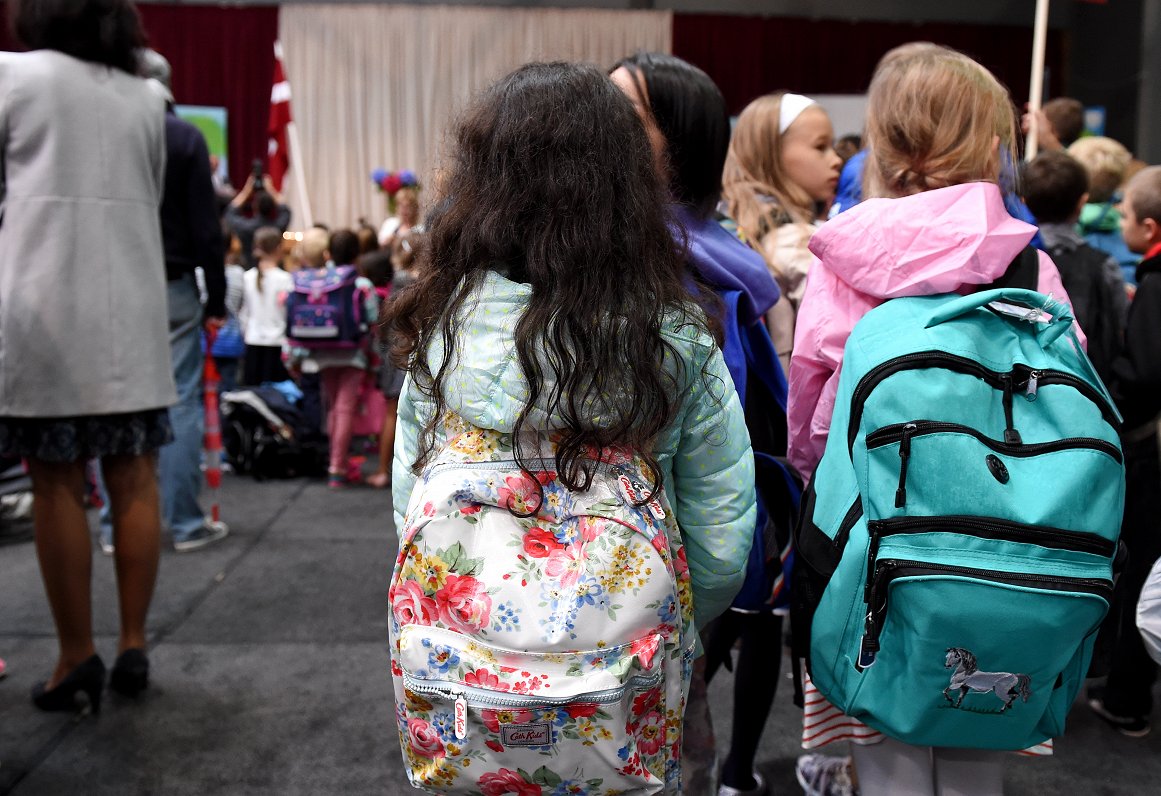The article, somewhat gloomily titled, 'Why baby boom won't solve Latvia's upcoming labour shortage', examines Latvia's demographics, specifically the number of women who are able to give birth (decreasing) and the effect government policy has on demographics.
The article specifically points to a solution - increasing the birthrate - touted by politicians, who hope to increase it by boosting state support; however an expert says that while benefits are growing, "politicians avoid addressing broader issues related to gender equality, such as shared responsibilities or part-time work while still receiving the state support".
In all, a dark picture is painted for Latvia with the population expected to shrink to 1.6 million by 2030 and the number of newborns shrinking along with the number of women of childbearing age.
Pēdējais #NākotnesLatvieši raksts. Par politiķu mīļāko demogrāfijas problēmu risinājumu - dzimstību. Lasi un dalies! https://t.co/MC6n9jJ1ZZ pic.twitter.com/dxVCt2Ht7l
— Re:Baltica (@rebaltica) October 25, 2017
Meanwhile the Dūzis family, which has four children, is shown as an example of how municipalities try to keep their constituents from leaving. This involves ample financial support.
But the family admits that they simply wanted to have many kids, with or without state support; and understanding this motivation is what may be lacking from the politicians' calculations.
Read the full article in English HERE.




























